Keywords: Trump
There are more than 24 results, only the first 24 are displayed here.
Become a subscriber for more search results.
-

AUSTRALIA
- Andrew Hamilton
- 24 April 2025
This year has been marked by growing introspection concerning our culture. At the heart of the division between a conflictual and an eirenical view of public life lie different understandings of the value of human life and of what it means for human beings to flourish.
READ MORE
-

EDUCATION
- Erica Cervini
- 23 April 2025
Despite a lot of talk about education, neither of the major parties has talked about the funding of universities. However this federal election is likely to be determined by voters under the age of 45, the very group that rising university fees and HELP (higher education loan program) debts are hitting the hardest.
READ MORE
-

INTERNATIONAL
As Trump dismantles America’s global aid program, and Europe follows suit, developing nations are left to fill the vacuum often with partners unfriendly to Western interests. In this new geopolitical terrain, Australia faces a choice: retreat with the rest, or lead through renewed investment in aid and regional diplomacy.
READ MORE
-

RELIGION
- John Warhurst
- 10 April 2025
As Australia approaches a federal election, the bishops have offered a statement of gentle encouragement themed around hope. Yet in its caution and generality, it raises questions about missed opportunities for moral clarity, national relevance, and a more engaged voice in public life.
READ MORE
-
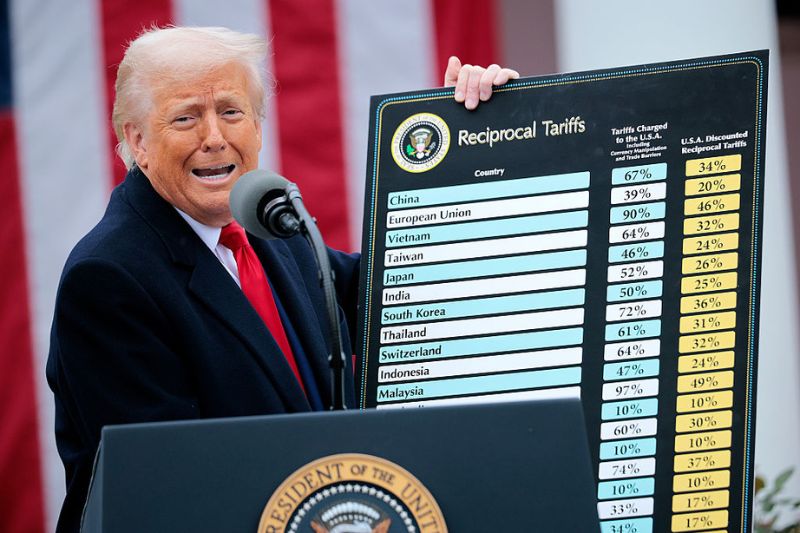
INTERNATIONAL
- Binoy Kampmark
- 08 April 2025
In a move as nostalgic as it is economically incoherent, Donald Trump’s proposed global tariff hike promises to punish the world’s poorest nations while claiming to revive America’s rusted-out industries. But the math is dubious, the logic muddled — and the unintended consequences, as ever, potentially vast.
READ MORE
-
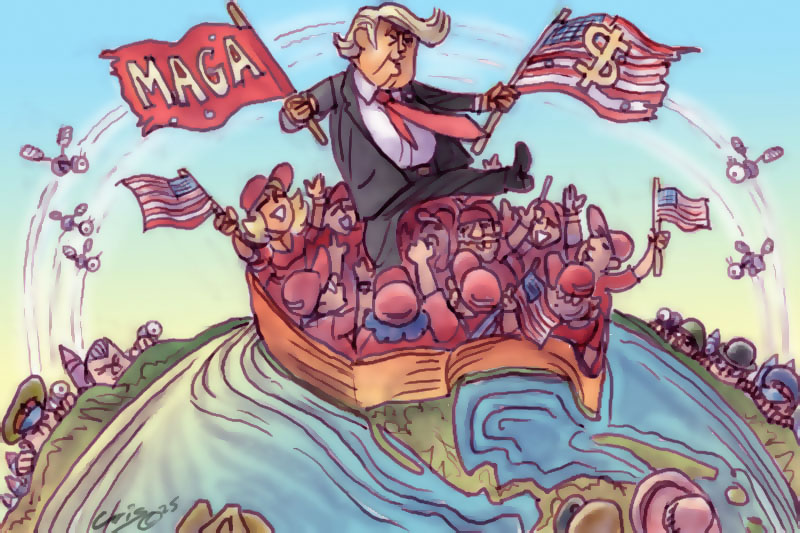
INTERNATIONAL
- Binoy Kampmark
- 02 April 2025
No one can predict President Trump’s next move on the global stage. But what appears to be chaos has a clear historical precedent, rooted in a long American tradition of swaggering, often improvisational power. In Trump’s hands, diplomacy is spectacle: alliances unravel, spectacle dominates and self-interest rules.
READ MORE
-
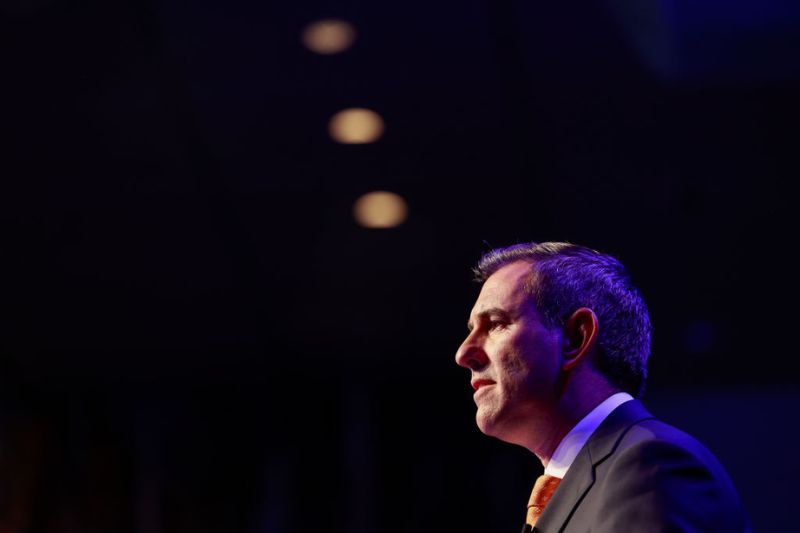
AUSTRALIA
- David James
- 27 March 2025
Australia’s Federal Budget offers a mix of tax cuts, spending increases, and modest relief for households, but fails to address the seismic shifts in global economics. With rising defense spending and minimal solutions for mounting debt, it remains unclear whether this budget can navigate the country’s economic vulnerabilities in an unpredictable world.
READ MORE
-

INTERNATIONAL
- Binoy Kampmark
- 27 March 2025
Europe’s escalating defence spending, driven by the Russian threat, marks a shift toward militarisation. The EU’s new budget plan, designed to free up billions for weapons and security, raises critical questions about how far Europe will go in fortifying itself and the long-term impact on its stability.
READ MORE
-
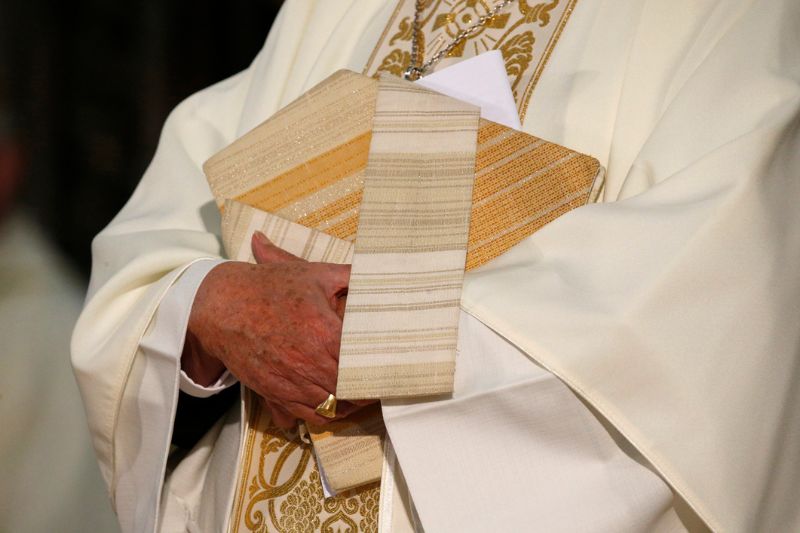
RELIGION
- John Warhurst
- 25 March 2025
As Australia approaches another federal election, the Catholic Church, long ambivalent about democratic politics, prepares to weigh in. Its official statement could play it safe, as in years past — or it could offer a deeper moral vision, confronting the global drift toward division with the quiet radicalism of synodality.
READ MORE
-

AUSTRALIA
- Andrew Hamilton
- 24 March 2025
With America's reliability in question, Australia is rethinking what security really means. Should it double down on military self-reliance, or reconsider the cost of placing defence above all else? As alliances fray and power shifts, the country faces a deeper reckoning: whom can it trust—and at what price?
READ MORE
-
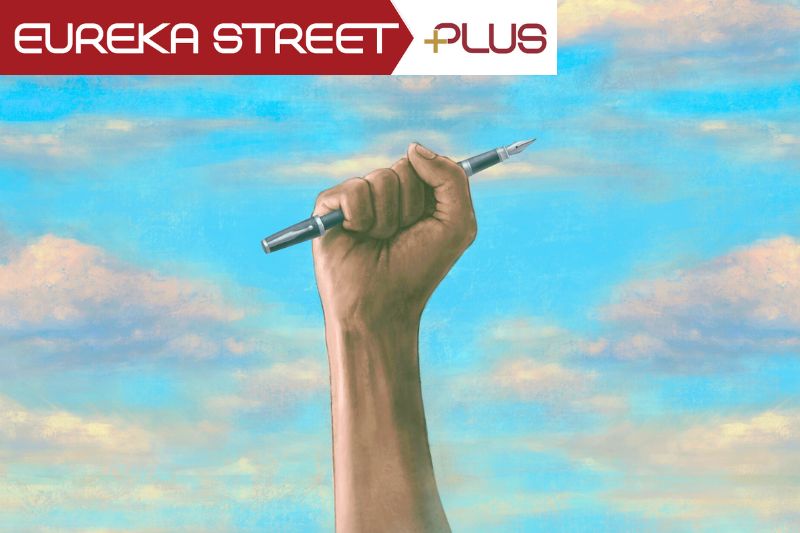
MEDIA
Across a range of divisive issues from gender to race to public health, newsrooms are increasingly blurring the line between reporting and advocacy. As language is reshaped to reflect activist priorities, and opposing views are treated as moral threats, journalism risks losing its most essential commitment: telling the truth plainly.
READ MORE 
-
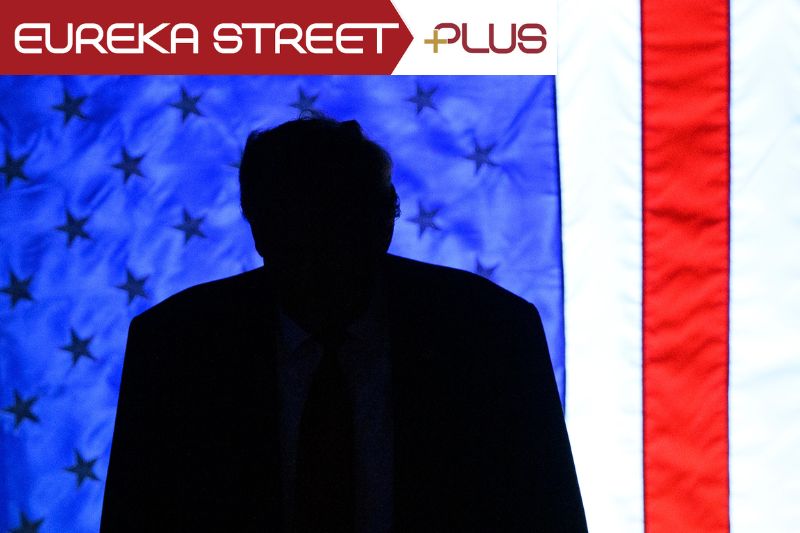
INTERNATIONAL
- Nirmal Ghosh
- 14 March 2025
Donald Trump’s return to the White House was the culmination of decades of economic decline, political disillusionment, and cultural fracture, forces the liberal elite ignored at their peril. As Trump reshapes America’s role in the world, his rise reveals hard truths about democracy, populism, and power in the 21st century.
READ MORE 